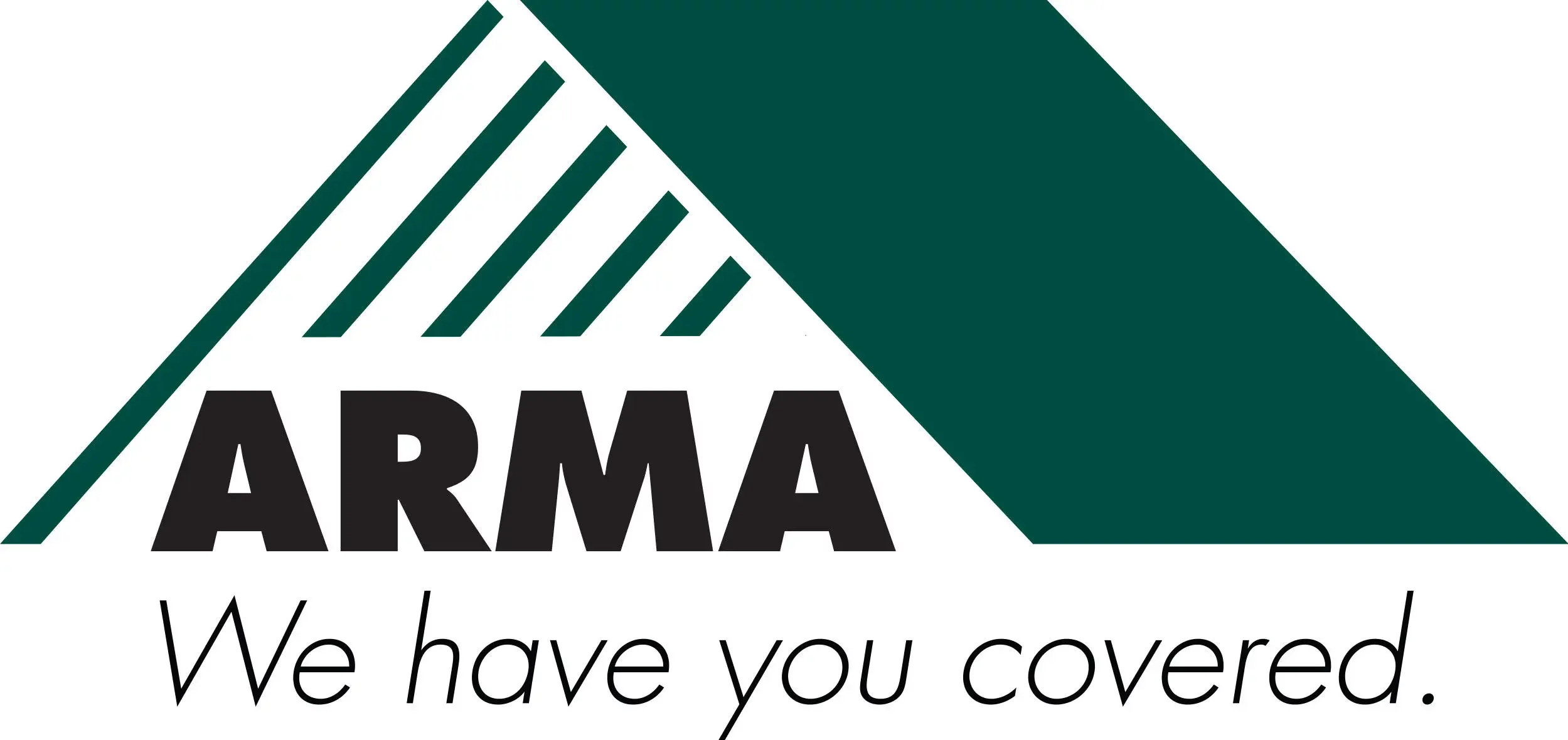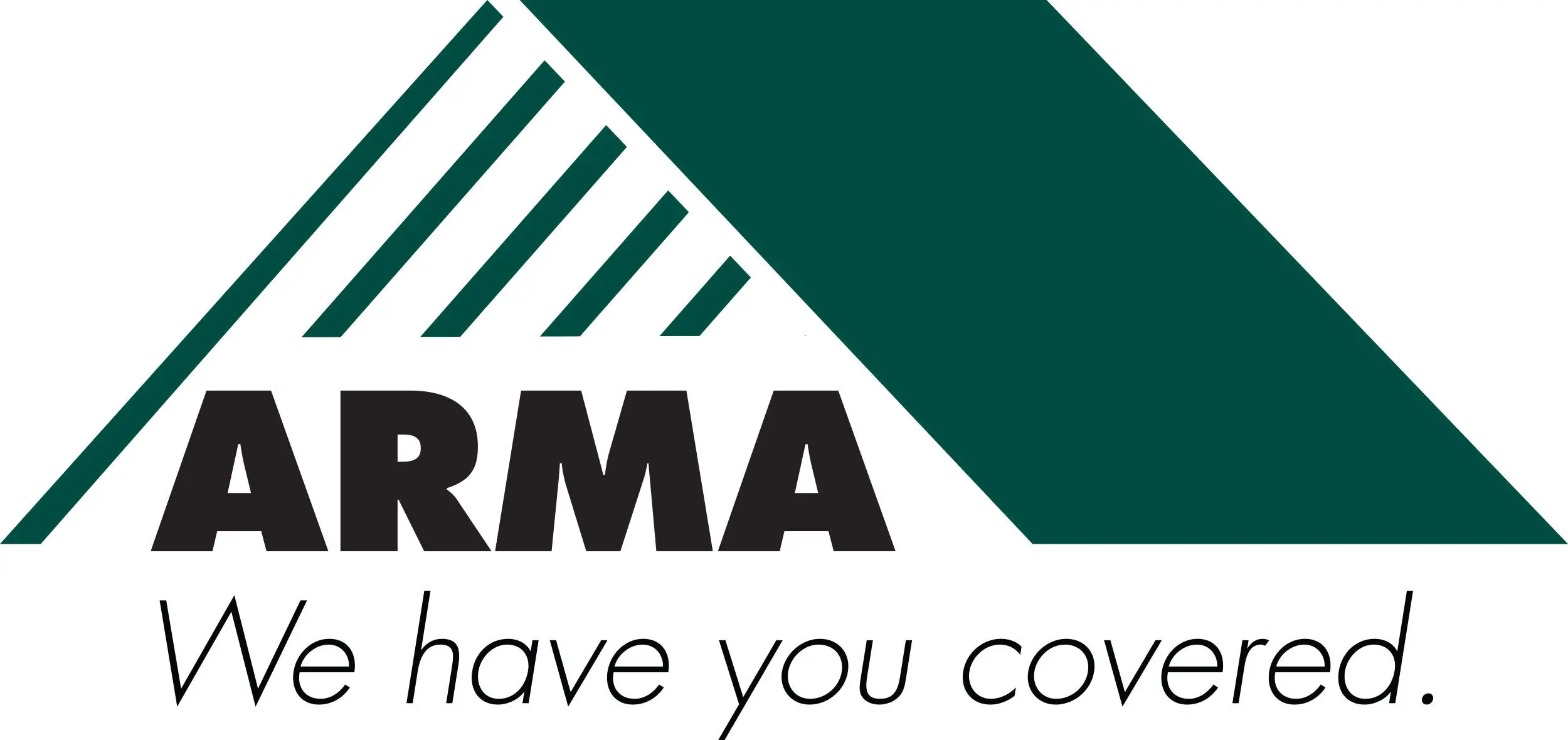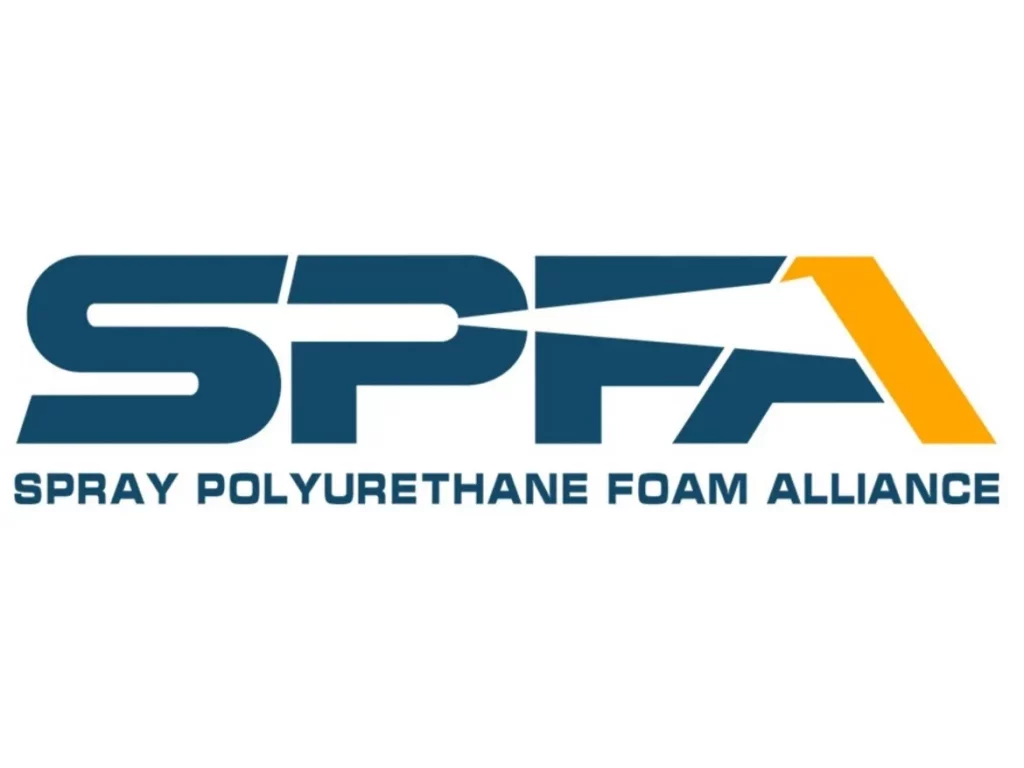Spray foam insulation in Wichita must meet local building codes, fire safety standards, and energy efficiency requirements. Installers are responsible for complying with the International Residential Code (IRC), International Building Code (IBC), and Wichita-specific amendments. Permits are typically required for new construction or substantial remodeling projects where insulation impacts structural, electrical, or fire-safety systems.
Contractors must coordinate with the Sedgwick County Metropolitan Area Building and Construction Department (MABCD) to secure relevant approvals. Failure to comply can result in rework orders, penalties, or halted inspections.
Arma Coatings of Wichita follows jurisdiction-specific regulations and applies material and fire-rating knowledge from real-world projects across residential, agricultural, and commercial buildings. This guide outlines key codes, required permits, practical concerns, and technical details relevant to spray foam insulation in Wichita.
Local Building Codes and Permit Requirements
Wichita-Specific Regulations
| Code Type | Regulation | Authority | When Applicable |
|---|---|---|---|
| Energy Code | IECC 2018 with Wichita Amendments | MABCD | All new builds, major renovations |
| Fire Code | IFC 2018 with Spray Foam Provisions | Wichita Fire Department | Any spray foam in habitable space |
| Building Code | IRC/IBC 2018 | MABCD | Structural additions or changes |
| Zoning Code | Sedgwick County Zoning Code | MABCD | Projects altering building footprint |
Bonus Tip: Projects near HVAC ducts or attic eaves often require a separate mechanical permit when foam impacts airflow or ductwork design.
Technical Requirements for Spray Foam
Common Technical Specs
| Specification | Open-Cell Foam | Closed-Cell Foam |
|---|---|---|
| R-Value per Inch | ~3.6 | ~6.5 |
| Vapor Barrier | No | Yes (at 1.5-2 inches) |
| Air Seal Capability | Moderate | High |
| Application Depth Limit (per pass) | ~2 inches | ~1 inch |
| Fire Retardant Additive | Required by code | Required by code |
Spray foam near electrical panels, recessed lights, or mechanical units must meet UL certification requirements for ignition barrier or thermal barrier compliance.
Fire Code and Safety Classification
Spray foam insulation is classified by flame spread and smoke development per ASTM E84. Both open- and closed-cell foams used in Wichita must have Class 1 ratings:
- Flame Spread Index (FSI): ≥ 25 not permitted
- Smoke Developed Index (SDI): ≥ 450 not permitted
Thermal or ignition barriers must be installed over spray foam when used in occupied or conditioned spaces unless the foam is tested for exposed application use.
Bonus Tip: Metal buildings require extra attention to ignition barriers since reflective surfaces may amplify radiant heat.
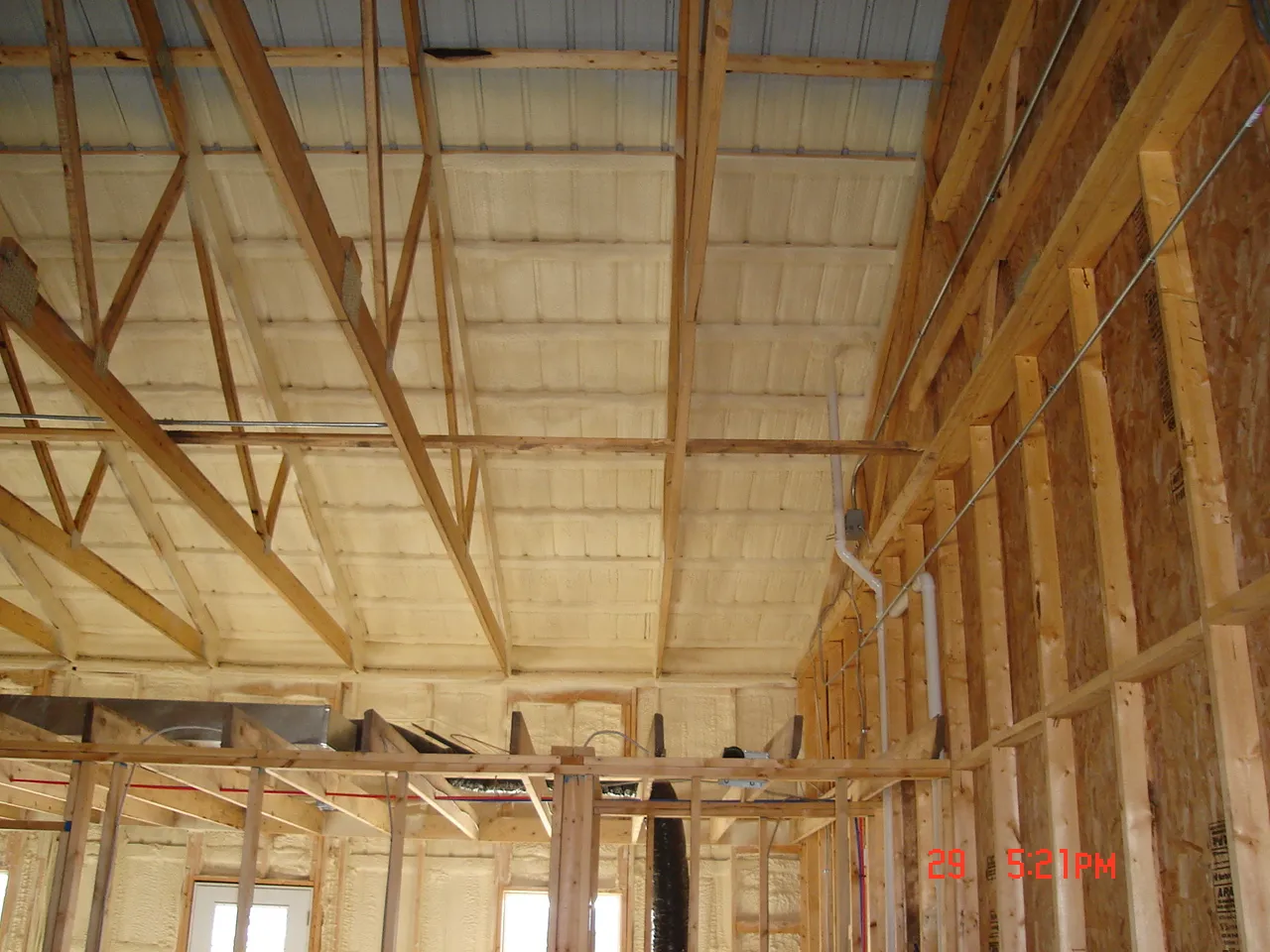
Region-Specific Concerns in Wichita
- Humidity: Closed-cell foam is preferred in crawlspaces or basements due to superior moisture resistance.
- Temperature Swings: Spray foam prevents attic heat gain/loss during Wichita’s hot summers and freezing winters.
- Agricultural Use: Barns and metal outbuildings require closed-cell foam with Class A flame retardant, especially when storing flammable materials.
Things to Consider Before Making a Decision
- Code Compliance: Always verify if local amendments apply to your project type.
- Inspection Timing: Schedule inspections after foam is sprayed but before wall closure.
- Material Choice: Select open- or closed-cell based on space type, exposure, and moisture.
- Installer Credentials: Check for ICC or SPFA certifications.
- Cost Impact: Closed-cell foam increases upfront cost but reduces long-term energy use.
Services That Align With These Requirements
Arma Coatings of Wichita offers compliant, permit-ready insulation services:
- Closed-Cell Foam Insulation – High R-value, vapor barrier properties, and ignition-rated.
- New Construction Spray Foam – Installed to meet IRC/IECC standards for energy and fire code compliance.
- Commercial Foam Insulation – Meets ASTM, UL, and local occupancy codes.
- Metal Building Insulation – Applied with thermal barriers per IBC Chapter 26.
Common Questions About Permits and Codes
Can I use open-cell foam in a basement?
Not recommended. Closed-cell is better for moisture control and vapor resistance.
What if foam is applied without a permit?
MABCD may issue fines, stop work orders, or require removal for reinspection.
Who enforces fire barrier compliance?
The Wichita Fire Department inspects for ignition and thermal barrier installations.
Get Expert Insulation Guidance
For reliable advice on code-compliant spray foam insulation, contact
Arma Coatings of Wichita
Phone: (316) 755-9100
Email: [email protected]
Licensed professionals assist with permit preparation, product selection, and compliant installation for residential, commercial, and agricultural buildings.
FAQ Section
What are the risks of skipping permit requirements?
Unpermitted work can delay resale, trigger legal penalties, and void warranties or insurance.
How do inspectors verify code compliance for spray foam?
They check depth, labeling, R-values, and barrier installation before wall closure.
Can spray foam be left exposed in utility rooms?
Only if it passes specific fire testing for exposed applications. Most projects require barriers.
Are there different requirements for agricultural buildings?
Yes. Structures storing fuel, hay, or chemicals often need closed-cell foam with a higher fire rating.
Does Wichita require a specific insulation R-value?
Yes. The IECC mandates R-38 in attics and R-20 in walls for new residential construction.

